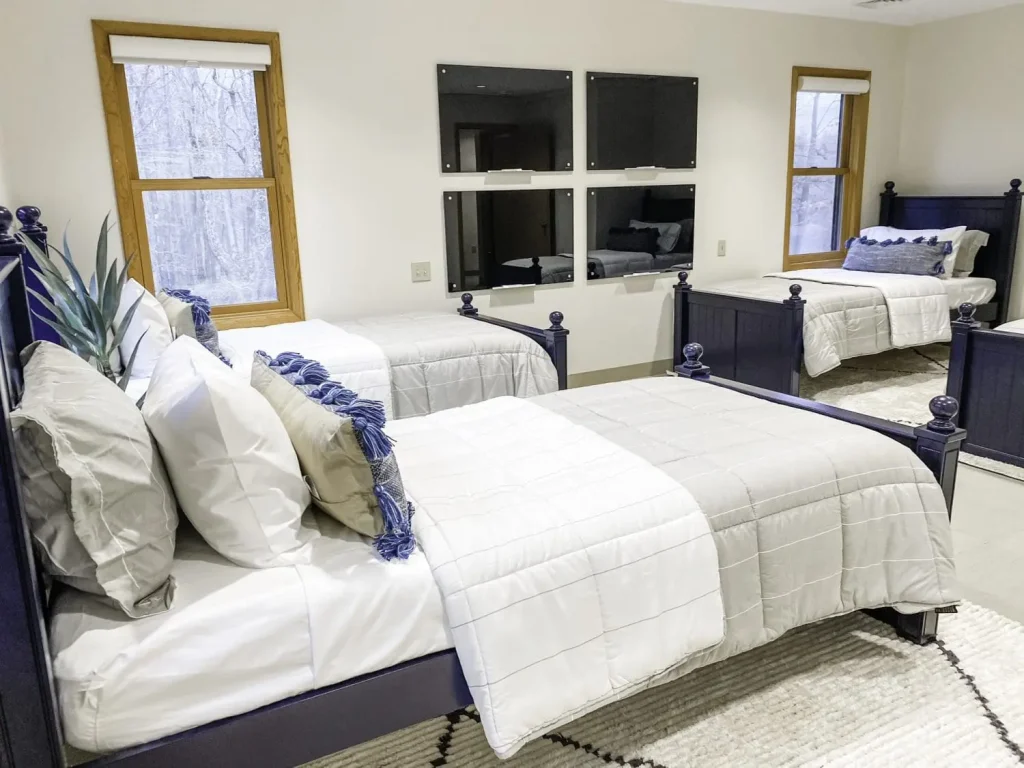Adolescence is a critical period of growth and self-discovery, but for many teens, it can also be a time of intense emotional distress, behavioral struggles, and mental health challenges. Factors such as academic pressure, family conflicts, trauma, substance abuse, and social anxieties can push a teenager into a crisis, leaving families feeling helpless and overwhelmed. When conventional therapy and home interventions are not enough, residential treatment programs offer a structured and supportive environment where teens can heal, rebuild their confidence, and regain hope for the future. Teen residential treatment programs provide a holistic approach to addressing mental health disorders, behavioral issues, and substance abuse problems. These facilities offer a safe and nurturing space where adolescents can receive individualized treatment plans tailored to their unique needs. Unlike outpatient therapy, residential programs immerse teens in a therapeutic environment 24/7, allowing them to break free from negative influences and focus entirely on their recovery. Trained professionals including therapists, counselors, and medical staff, work collaboratively to provide comprehensive care that addresses emotional, psychological, and behavioral challenges.

One of the key benefits of residential treatment is the structured routine it provides. Many struggling teens thrive when given a sense of stability and predictability. Daily schedules include therapy sessions, group discussions, academic support, recreational activities, and life skills training, all of which help create a balanced and productive lifestyle. Through cognitive-behavioral therapy CBT, dialectical behavior therapy DBT, and other evidence-based approaches, teens learn effective coping strategies to manage their emotions, make better decisions, and develop healthier relationships. Another critical aspect of residential treatment is the emphasis on peer support. Many teenagers feel isolated in their struggles, believing that no one understands their pain. In a residential program, they meet peers facing similar challenges, fostering a sense of community and belonging. Group therapy sessions encourage open discussions, allowing teens to share their experiences, listen to others, and develop empathy. These connections can be incredibly healing, reinforcing the idea that they are not alone and that recovery is possible. Family involvement is also a crucial component of residential treatment.
The teen residential therapy in Chandler programs incorporate family therapy sessions to help rebuild strained relationships, improve communication, and address underlying family dynamics that may contribute to a teen’s struggles. Parents and guardians receive guidance on how to support their child’s recovery, creating a smoother transition when the teen returns home. Residential treatment does not just focus on overcoming immediate crises it aims to equip teens with the skills and confidence needed for long-term success. Many programs include academic support to ensure that teens do not fall behind in their studies while receiving treatment. Additionally, they offer vocational training, mindfulness practices, and recreational activities such as art therapy, sports, and adventure therapy to help teens rediscover their passions and interests. While the journey to healing is not always easy, these programs provide the structure, support, and tools necessary to transform a teen’s life from crisis to confidence. With proper care, guidance, and a nurturing environment, adolescents can restore balance, regain self-worth, and embrace a future filled with hope.
